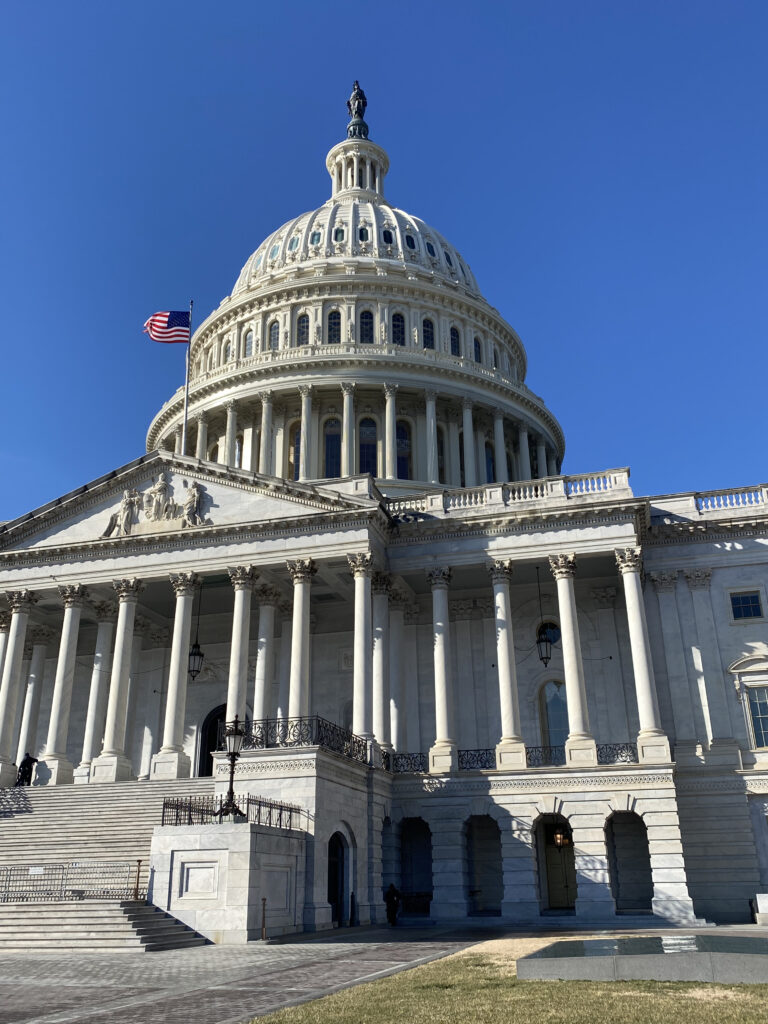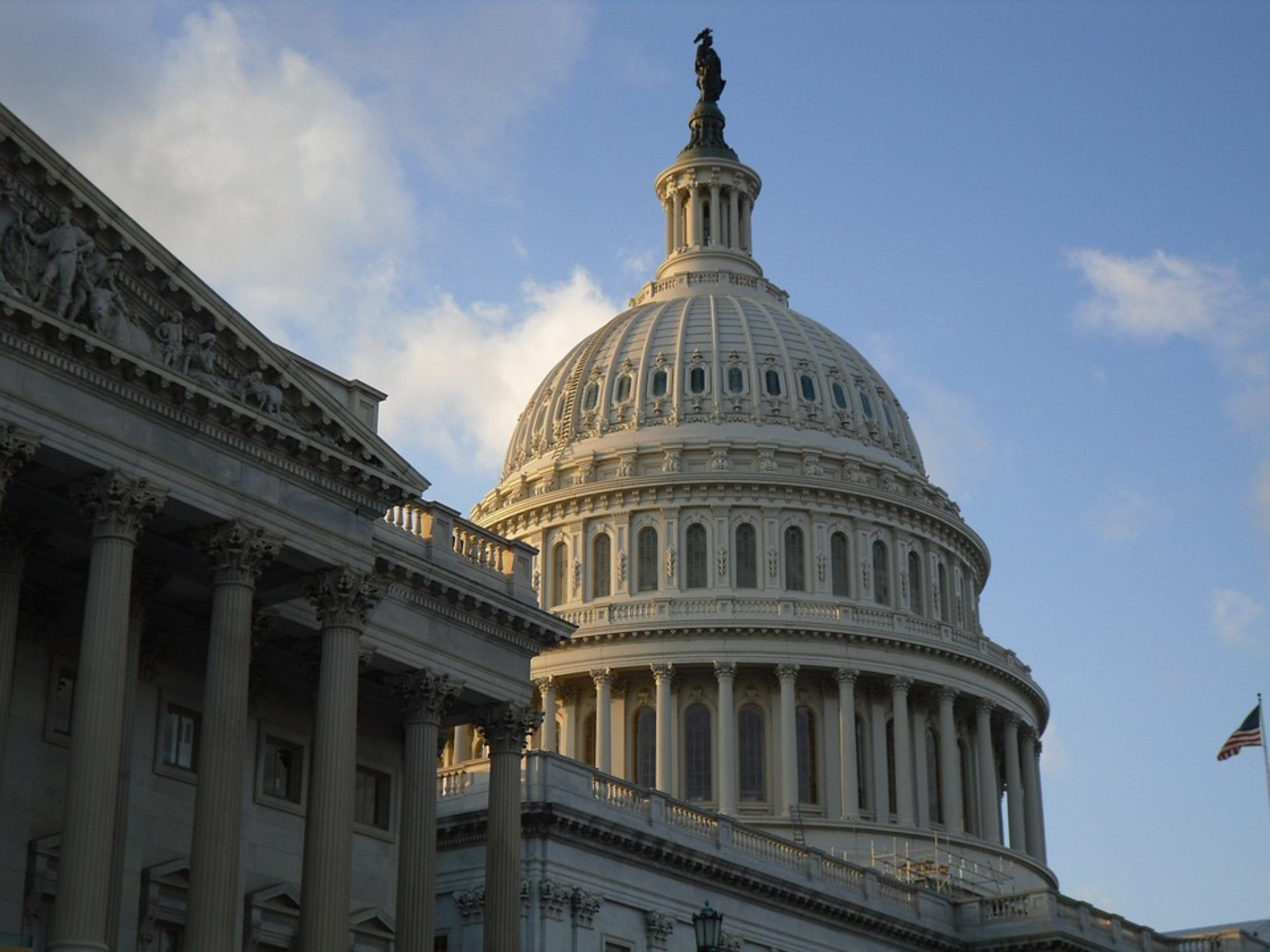
*Update* May 13, 2025
Historic Tax Credit provisions were not included in the House version of the tax reconciliation package. We’re urging advocates to focus their attention on Senate offices, especially Republican Senators and Senators on the Senate Finance Committee.
Ask your Senators to cosponsor the Historic Tax Credit Growth and Opportunity Act and include provisions in emerging tax legislation.
Senate and House champions have introduced the Historic Tax Credit Growth and Opportunity Act (H.R. 2941, S.1459). Led by Sen. Bill Cassidy (R-LA) and Sen. Mark Warner (D-VA) in the Senate and Rep. Darin LaHood (R-IL) and Rep. Tom Suozzi (D-NY) in the House, these bills include several provisions that will restore value to the Historic Tax Credit (HTC), improve access to the credit, make more projects eligible to use the credit, and boost the credit for smaller and rural rehabilitation projects. The bill includes the following provisions:
HTC-GO Provisions
- Returns to a 1-year delivery of Historic Tax Credits for all projects
- Eliminates the HTC Basis Adjustment, bringing more value to HTCs and making it easier to pair with the Low-Income Housing Tax Credit
- Reduces the substantial rehabilitation threshold from 100% to 50%, making more buildings eligible to use the HTC
- Modifies Tax Exempt Use Rules, making the credit easier to use by non-profits
- Increases the credit from 20% to 30% for small projects below $3.75 million
- Increases the credit from 20% to 30% for projects below $5 million in rural areas
- All small/rural projects are eligible for direct transfer
The federal HTC is the largest federal investment in historic preservation and a critical economic development tool used to revitalize our communities, create jobs, and preserve our heritage. Unfortunately, the HTC has not kept pace with other federal incentives and needs to be modernized. Additionally, over the past decade, HTCs have lost 25% of their investment value due to unfavorable IRS rulings, administrative burdens, and changes in the credit structure. The provisions in the HTC-GO Act would help restore the credit’s lost value and make the credit easier to use.
With a series of tax provisions expiring at the end of the year, one of the top priorities of Congress and the White House will be passing a large tax package. This provides a huge opportunity to ensure HTC provisions are included in the emerging tax bill. The House and Senate passed budget resolutions that clear the way to pass budget reconciliation bills, which could move early this summer. Advocates will also be paying close attention to any attempts to weaken the HTC as lawmakers seek cost-saving measures.
The voice of preservation advocates will be absolutely essential to make the case for enhancing the HTC, ensuring it is included as part of emerging tax legislation, and fending off any potential threats to diminish the credit.
We need your help!
Urge your Members of Congress to co-sponsor the bipartisan Historic Tax Credit Growth and Opportunity Act (H.R. 2941, S. 1459) and include HTC provisions in emerging tax legislation
If you have a personal contact in your Representative or Senators’ office, contact that person directly, especially if you just met with their office during Advocacy Week. Urge them to co-sponsor the Historic Tax Credit Growth and Opportunity Act (H.R. 2941, S. 1459). If they do not handle tax issues please ask that they pass the message along to the appropriate staff person. Preservation Action has also made it easy for you take action. Check out our action campaign to easily personalize and send a letter to your members of Congress and share this alert with your networks!
Additional Resources

